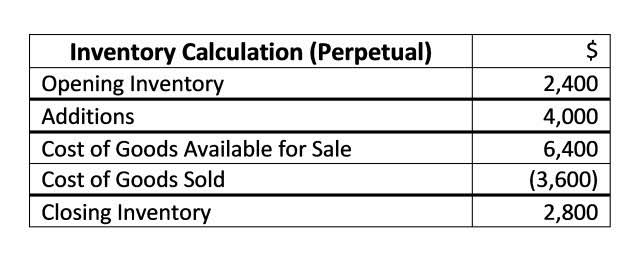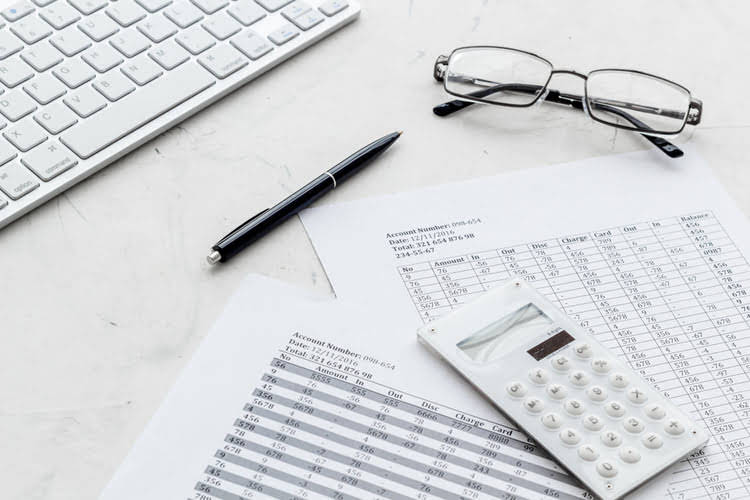
These digital assets, like Bitcoin, can grow as the blockchain’s value grows. In addition, investors can invest in cryptocurrency trusts, which hold assets on behalf of investors as the blockchain grows. Publicly traded blockchain companies provide another investment option, and many companies are not implementing digital ledger systems to make themselves more profitable. Auditors, too, will benefit from the increased transparency and efficiency brought about by blockchain. With access to a comprehensive and tamper-proof record of transactions, auditors can focus on higher-level analysis and risk assessment, enhancing what is blockchain in accounting the overall quality and reliability of financial audits.
Coyyn.com Digital Money: Types, Uses, and Accounting Processes

Smart contracts trigger specific audit procedures automatically, focusing Auditors on analysis rather than data gathering. Traditional accounting systems often process transactions in batches, leading to delays in reporting and analysis. This means financial data may not reflect the current state until after a period closes. Blockchain accounting offers near real-time processing, where transactions are validated and recorded https://heizhaus-gebesee.de/wordpress/?p=1452 almost instantaneously. While digital currency is the primary focus of the blockchain, the ability to create a digital ledger and record transactions, which is at the heart of the blockchain, makes it effective in many industries. The technology creates blocks of data that are moved into chains, connecting all of the data and transactions together in a secure way.
Benefits of Blockchains
- This decentralization significantly enhances data integrity and transparency.
- It’s clear that technology is changing the way organizations do business across all functions and industries.
- Traditional accounting systems often process transactions in batches, leading to delays in reporting and analysis.
- An attacker or a group would need to own over 17 million ETH, and be randomly selected to validate blocks enough times to get their blocks implemented.
- With proper planning and implementation, companies will enjoy greater security, accuracy, transparency and efficiency when managing their finances using blockchain.
- The key difference between a traditional database or spreadsheet and a blockchain is how the data is structured and accessed.
While this system is undoubtedly effective, it requires the use of (usually expensive) third-party auditors. Outside auditors come in, verify the information, and make a determination as to the accuracy of the books. Ask anyone in public accounting and you’ll get the same answer — audit time is a period of hard work, long hours, and plenty of eyestrain. If the technology holds promise for your client base, it could be worth exploring blockchain tool demos and integrating them with your existing accounting software. It’s a complex topic, but this beginner’s guide will help you get to grips with the basics of blockchain in accounting.
- DTTL (also referred to as “Deloitte Global”) does not provide services to clients.
- This will help equip your staff with relevant skills and knowledge to leverage technology effectively.
- And keep an eye out for updates on US regulation around the use of blockchain and cryptoassets.
- This technological shift also enables real-time accounting, allowing financial data to be updated and verified instantaneously across the network.
How Can Blockchain Technology Transform the Accounting Industry?

This automation streamlines processes, minimizes human errors, and accelerates financial reporting, allowing accountants and auditors to focus on higher-level tasks. To comprehend the impact of blockchain on accounting, it’s essential to grasp the fundamentals of traditional accounting methods. Double-entry accounting, a cornerstone of financial record-keeping, revolves around the concept that every financial transaction has at least two equal and opposite entries. This system ensures that for every debit, there’s a corresponding credit, maintaining the balance of accounts.

Essential Tips for Achieving Accurate Revenue Recognition
Their task will be simplified to a certain extent, and automation in the accounting process will also be seen. But the accounting principles to be followed in auditing transactions can only be HOA Accounting done manually. Considering these benefits, the impact of blockchain on the accounting industry will be massive.
Bloomsbury – free for eligible firms

For example, blockchain might make the existence of a debtor certain, but its recoverable value and economic worth are still debateable. And an asset’s ownership might be verifiable by blockchain records, but its condition, location and true worth will still need to be assured. Blockchain has the potential to enhance the accounting profession by reducing the costs of maintaining and reconciling ledgers, and providing absolute certainty over the ownership and history of assets. Blockchain could help accountants gain clarity over the available resources and obligations of their organisations, and also free up resources to concentrate on planning and valuation, rather than recordkeeping. With this feature, the workforce can gain operational efficiency to a great extent. Integrating blockchain and accounting can benefit the organization as the secure blockchain technology framework makes it extremely reliable.